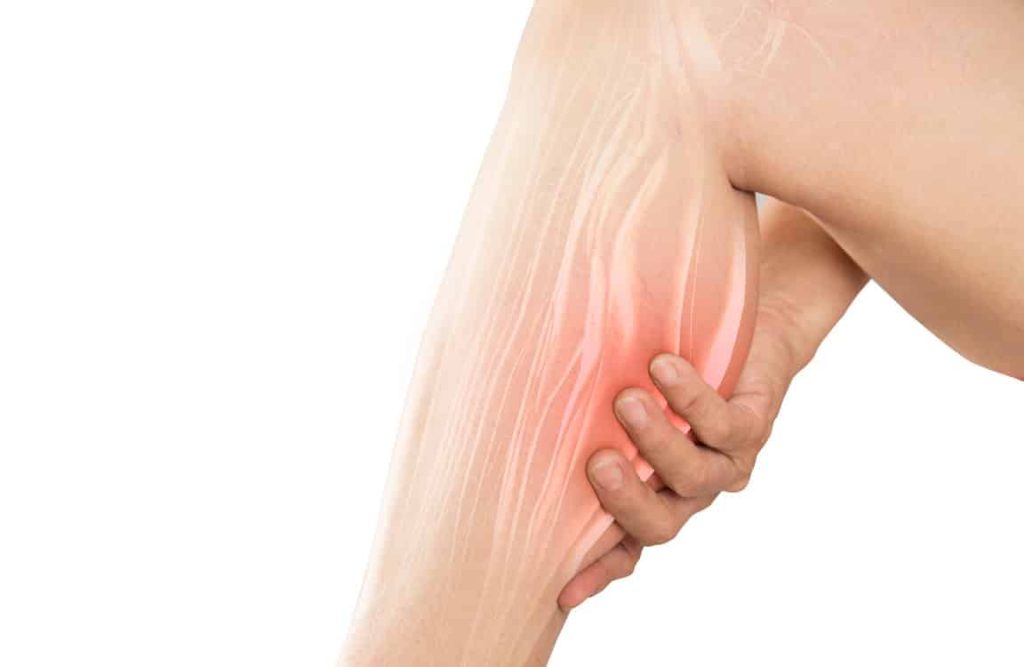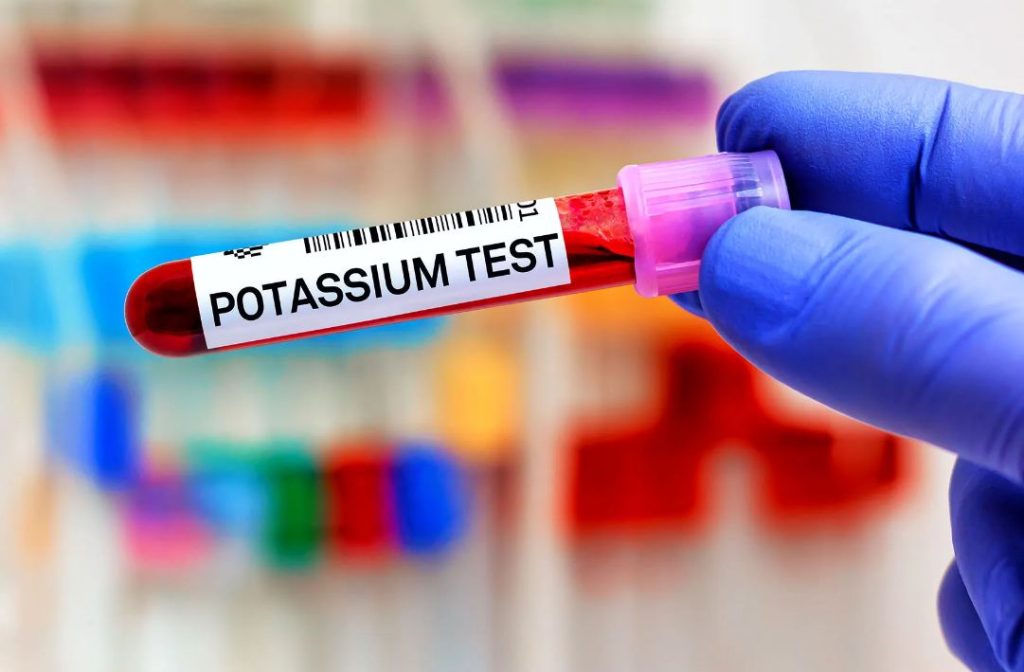Potassium is a vital mineral that plays a crucial role in maintaining various bodily functions. It helps regulate fluid balance, muscle contractions, nerve signals, and heart function. A deficiency in potassium, known as hypokalemia, can lead to a range of symptoms and health issues.
Symptoms of Potassium Deficiency
1. Muscle Weakness and Cramps
One of the most common signs of potassium deficiency is muscle weakness and cramps. Potassium is essential for proper muscle function, and low levels can impair muscle contractions, leading to fatigue and discomfort.

2. Fatigue
Persistent fatigue can occur due to potassium deficiency. Low potassium levels may affect the body’s ability to produce energy, resulting in feelings of tiredness and reduced stamina.
3. Digestive Issues
Potassium plays a role in digestive health by aiding in muscle contractions within the digestive tract. A deficiency can lead to constipation and bloating, as the intestines may not function optimally.
4. Heart Arrhythmias
Potassium is crucial for maintaining normal heart rhythms. A deficiency can disrupt electrical signals in the heart, leading to irregular heartbeats or palpitations.
5. Tingling and Numbness
Low potassium levels can affect nerve function, leading to sensations of tingling or numbness, particularly in the extremities.
Causes of Potassium Deficiency
Several factors can contribute to potassium deficiency:
- Inadequate Dietary Intake: Not consuming enough potassium-rich foods can lead to deficiency.
- Excessive Losses: Conditions like diarrhea, vomiting, or excessive sweating can cause the body to lose potassium.
- Medications: Certain medications, such as diuretics, can increase potassium excretion.
- Chronic Conditions: Kidney disease and other chronic illnesses can impair potassium balance.
Diagnosing Potassium Deficiency
A blood test is the most reliable method to diagnose potassium deficiency. Healthcare providers may recommend this test if symptoms suggest low potassium levels.
Treatment and Prevention
1. Dietary Adjustments
Increasing the intake of potassium-rich foods can help address mild deficiencies. Foods high in potassium include:
- Bananas
- Oranges
- Potatoes
- Spinach
- Tomatoes
2. Supplements
In cases of moderate to severe deficiency, potassium supplements may be prescribed by a healthcare provider. It’s essential to follow medical guidance when using supplements, as excessive potassium intake can be harmful.
3. Addressing Underlying Causes
Treating underlying conditions or adjusting medications that contribute to potassium loss can help restore normal potassium levels.

When to Seek Medical Attention
If you experience symptoms such as persistent muscle weakness, fatigue, irregular heartbeats, or tingling sensations, it’s important to consult a healthcare provider. Early detection and treatment of potassium deficiency can prevent complications and improve overall health.
Conclusion
It is important to note that potassium deficiency can sometimes develop gradually, making early symptoms easy to overlook. Individuals with high physical activity levels, those who follow restrictive diets, or people experiencing chronic stress may be at higher risk. Maintaining proper hydration is also crucial, as fluid imbalances can worsen potassium depletion. In addition, regular monitoring of blood potassium levels may be recommended for people with kidney disease, heart conditions, or those taking medications that affect potassium balance. Lifestyle adjustments, such as incorporating a wider variety of fruits, vegetables, and legumes, can support long-term potassium health. By staying informed and proactive, individuals can significantly reduce the risk of complications related to potassium deficiency.

















